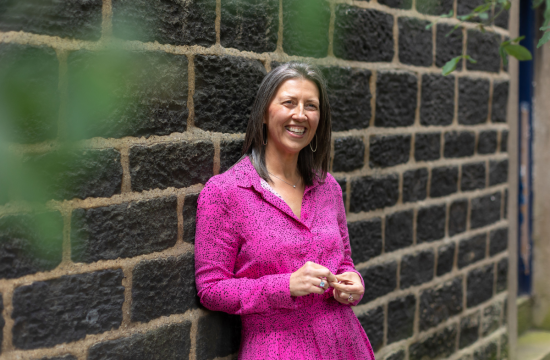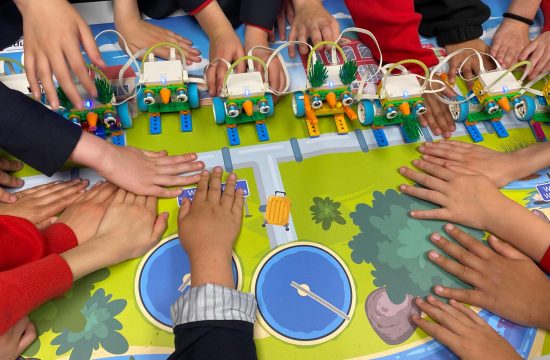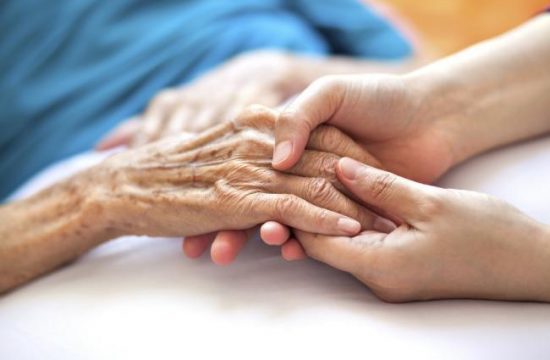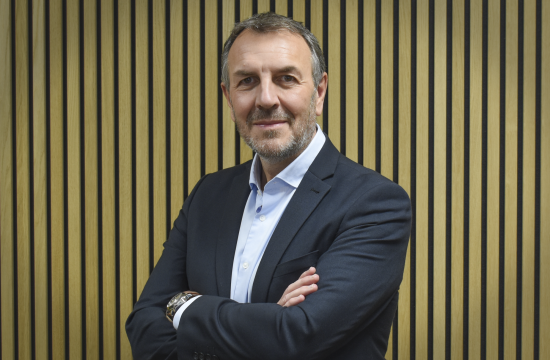I SET up my business, Saltaire Training Company, in 2017. A background in teaching, then later in training adults plus a lived experience of having my own mental health issues meant that I felt fully qualified for delivering different types of mental health courses, including Mental Health First Aid.
After my marriage broke down in 2014 I went through a fairly prolonged spell of poor mental health, not for the first time in my life. I was lucky enough to have an excellent GP when I lived in Saltaire. Together we found a combination of therapy and medication that really helped.
During Covid I attended an online course of DBT (Dialectical Behaviour Therapy) which was very effective. So despite experiencing two of life’s biggest stressors at the end of 2023 (moving house and my mum passing away) my mental health remained good. I now have a range of strategies that I can use to help me.
We all know how stretched the NHS is and the reality is that we can wait a long time for appropriate help and this is where Mental Health First Aid (MHFA) Training comes in. It means that we are able to offer initial support to people and even signpost to sources of help outside the NHS.
Whilst I was partway through my journey, I had the opportunity to attend a two-day Adult Mental Health First Aid course. It was a brilliant course which outlined how people can look out for signs of poor mental health in friends, family members and colleagues and learn appropriate skills in how to support them. Having experienced being around even close friends who didn’t know how to support me when I was at my lowest, I became passionate about being able to train people to support each other.”
Mental Health First Aid (MHFA) England advocate that one in 10 people in the general population should be trained in Mental Health First Aid and then every member of society would know a Mental Health First Aider. MHFA is now delivered in over 25 countries across the world and there are several companies who have developed different types of courses.
Initially I decided to train as a Youth MHFA Instructor as it fit well with my background in teaching and then working with families in other roles that I had. This course is ideal for anyone living or working with children and young people aged between eight and 18. I’ve had people attend this training from all sorts of backgrounds, including parents, grandparents, teachers and youth workers.
I have trained adults working in many Bradford schools as well as practitioners from the Bradford Youth Service and the charitable sector. Anyone over 16 can access this training and I have also trained sixth form students in this course.
Every year I visit Bradford Grammar School to deliver the half-day Mental Health Awareness session to their pastoral prefects.
The Youth course looks at risk factors that make young people more vulnerable to developing mental health issues. Seventy five per cent of all mental ill health starts before the age of 18. The earlier a young person can get help, the better the outcome for them. Eighty five per cent of children and young people who have experienced poor mental health say that they benefitted from the support of family and friends and yet so many of us don’t really know the right things to do when someone is in emotional distress.
Since 2019 I have been an Instructor Trainer, teaching other would-be instructors how to deliver the Qualsafe Mental Health First Aid in the Workplace Course. This is a Level 3 qualification which focuses on supporting colleagues in the workplace. It covers topics such as depression, anxiety disorders, eating disorders and psychosis as well as suicide.
Every 40 seconds, according to the World Health Organisation, someone dies by suicide somewhere in the world. And yet it is still something that no-one talks about. The course covers what to look out for in terms of the warning signs of suicide and how it is important to ask the person directly and sensitively whether they are indeed having suicidal thoughts.
The course also covers the topic of stress, which accounts for over half of all working days lost to ill health. It takes a good look at how stress can cause mental ill health, the things that make us stressed and how we can cope better with it as well as how stress can be managed better in the workplace.
Research shows that for every pound that is spent on mental health intervention in the workplace, the return on investment is between £5 and £8 (Deloitte 2020).
Both types of courses also cover the stigma and discrimination that exists around mental health. They look at what stops us from talking about our mental health in certain situations and also how the unhelpful language that we use can perpetuate negative stereotypes.
Saltaire Training company now has a team of trainers available to deliver a range of courses, including bespoke courses, designed to suit the needs of individual organisations.
Please contact us at mandy@saltaire.training



























